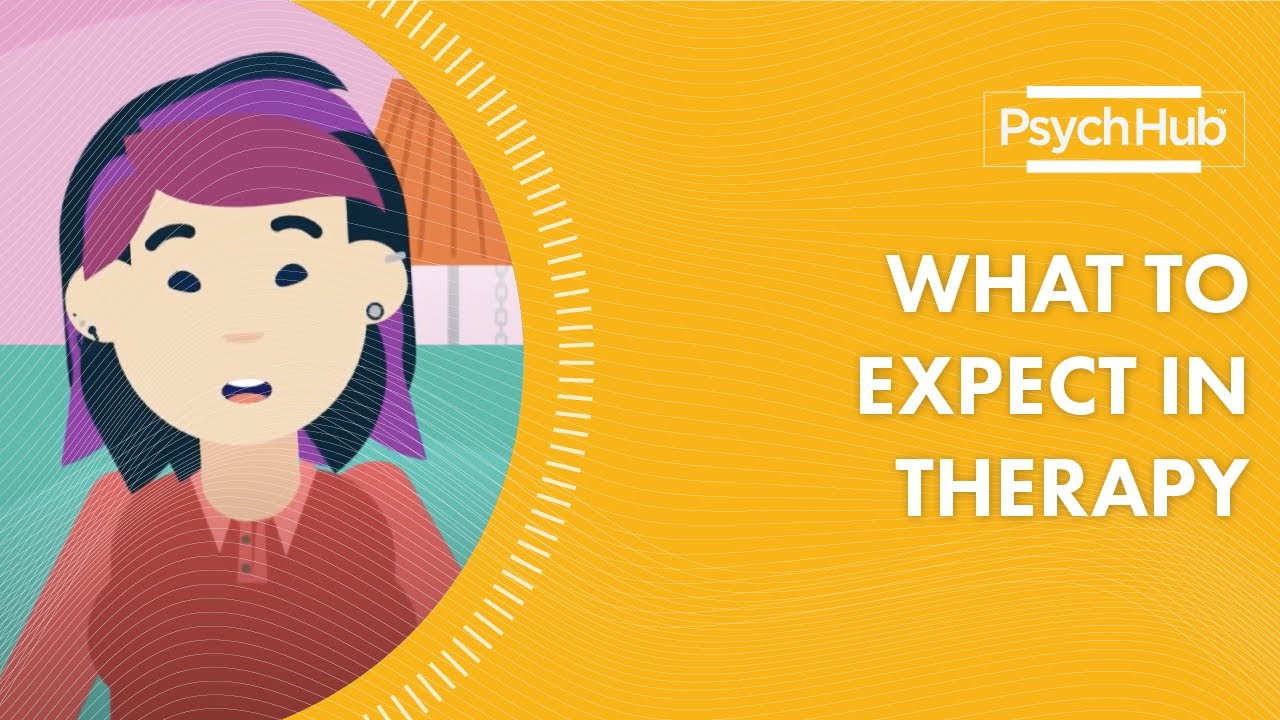Do you ever feel that jealousy’s grip seems much stronger than you’d like it to be? In such moments, you’re not alone. Jealousy is a universal emotion, one that can seep into the corners of your life, impacting relationships, self-confidence, and peace of mind. At its core, jealousy often reflects deeper fears and desires, and it’s important not only to acknowledge it but also to understand and manage it effectively. In this article, you’ll explore how mindfulness can be a powerful tool in navigating the complexities of jealousy: “Mindful Moments: Jealousy.”
Understanding Jealousy
What Is Jealousy?
Jealousy is an emotional response comprising feelings of insecurity, fear, and concern over a relative lack of possessions or safety. It can manifest in numerous aspects of your life, including romantic relationships, friendships, family dynamics, and even at work. It’s often accompanied by anxiety and insecurity, and can lead you to compare yourself unfavorably with others.
Causes of Jealousy
Jealousy often stems from personal insecurities, fear of loss, or past experiences that have left a mark on your heart. It can arise when you perceive a threat to something you value deeply. For instance, seeing your close friend spending more time with someone else might stir feelings of jealousy, even if there’s no intention of replacing you.
The Impact of Jealousy
Unmanaged jealousy can have wide-ranging effects, from damaging relationships to affecting physical and mental well-being. Chronic jealousy can lead to feelings of inadequacy and depression, creating a vicious cycle that seems hard to break. It’s essential to address jealousy mindfully, which will help you reduce its negative implications and foster more fulfilling relationships.
Mindfulness as a Tool
Why Mindfulness?
Mindfulness is the practice of being fully present and engaged in the moment without judgment. When you incorporate mindfulness into your daily life, it helps in acknowledging and accepting your feelings, including jealousy, without getting overwhelmed by them.
The Role of Awareness
Awareness is a critical first step in addressing jealousy. By becoming aware of your feelings the moment they arise, you can pause, reflect, and choose how to respond rather than react impulsively. This awareness allows you to investigate the root causes of your jealousy, providing insight into underlying fears and desires.
Breathing Techniques
One simple yet effective mindfulness practice is focused breathing. When feelings of jealousy crop up, try to focus on your breath. Take deep, slow inhales and exhales. This simple act can calm your nervous system, allowing you to respond to your emotions more thoughtfully.
![]()
Practical Steps to Manage Jealousy Mindfully
Identify Triggers
Identifying triggers is essential for understanding and managing jealousy. Keep a journal or mental note of situations that spark jealousy.
| Trigger | Situation | Emotional Response |
|---|---|---|
| Social Media | Seeing a friend’s vacation posts | Feeling of inadequacy |
| Workplace | Colleague receiving praise | Fear of being overlooked |
Self-Reflection
Reflect on why these particular situations trigger jealousy. Perhaps seeing your friend on vacation makes you feel insecure about your own life choices. Use these reflections to identify underlying insecurities or fears.
Acceptance and Compassion
Once you’ve identified your triggers and reflected on them, practice self-compassion. Accept that feeling jealous is part of being human. You’re not alone, and it’s important to be kind to yourself during these moments. Remember, it’s not about suppressing jealousy but recognizing and managing it.
Communication
In situations where jealousy involves another person, open and honest communication can make a significant difference. Express your feelings without blaming the other person. Use “I feel” statements to convey your emotional experience. For example, “I feel insecure when I see you spending time with others.”
Reframe Negative Thoughts
Mindfulness helps you observe your thoughts without judgment. When negative thoughts surface, try to reframe them positively. Instead of thinking, “They are better than me,” reframe it as, “They have qualities I admire, and I can learn from them.”
Long-Term Strategies
Develop Self-Esteem
Building self-esteem is crucial in reducing chronic jealousy. Engage in activities that make you feel good about yourself. Whether it’s learning a new skill, volunteering, or spending time with supportive friends, these actions can boost your confidence and help you feel more secure.
Practice Gratitude
Gratitude shifts your focus from what you lack to what you have. Regularly practice gratitude by noting down things you appreciate in your life. This positive focus can diminish the feelings that fuel jealousy.
Mindful Meditation
Regular mindful meditation practices can help create a more stable emotional foundation. This doesn’t mean you need to meditate for hours; even a few minutes daily can make a significant difference.

Case Studies
Case Study 1: Romantic Relationships
Anna felt a pang of jealousy whenever her partner spoke to his female colleagues. By applying mindfulness, she realized her insecurity stemmed from a past relationship where she had been cheated on. Recognizing this, Anna communicated her feelings to her partner. Together, they set boundaries that made her feel safer and more secure, significantly reducing her jealousy.
Case Study 2: Workplace Jealousy
Tom often felt jealous when his colleague received praise from their boss. By keeping a trigger journal, he noticed a pattern: he felt overlooked because he wasn’t assertive. Through mindfulness, he worked on his communication skills and started setting more personal goals. This shift in focus helped him feel more competent and less jealous.
Expert Insights
Insight from Erin Easton
Erin Easton, a mindfulness coach, notes that jealousy often reflects unmet needs and desires. According to Easton, practicing mindfulness not only helps you understand these deeper needs but also allows you to respond to them in healthier ways. In her experience, mindfulness can be a transformative tool in shifting the lens through which you view jealousy, transforming it from a destructive force into an opportunity for growth.
Techniques from Thich Nhat Hanh
Drawing from Thich Nhat Hanh’s Plum Village Tradition, techniques like “Touching Peace” and “Walking Meditation” can be beneficial in managing jealousy. These practices emphasize grounding yourself in the present moment and recognizing the transient nature of all emotions, including jealousy.

Mindfulness Exercises
Exercise 1: Body Scan
A body scan involves paying mindful attention to different parts of your body, often starting from your toes and working your way up. This practice can help you become more aware of physical sensations associated with jealousy, allowing you to release tension and stress.
Exercise 2: Loving-Kindness Meditation
Loving-kindness meditation focuses on cultivating feelings of compassion and love, first towards yourself and then extending to others. By regularly practicing this meditation, you can develop a more compassionate outlook, reducing the intensity of jealous feelings.
Exercise 3: Thought Labeling
When a jealous thought arises, try labeling it without judgment. For instance, if you think, “They are better than me,” you can label this thought as “comparison.” This practice helps you become more aware of your thought patterns without becoming entangled in them.
Moving Forward
Managing jealousy through mindfulness is a journey, one that requires consistency and patience. It’s not about eliminating jealousy altogether but rather understanding and transforming your relationship with it. By applying mindfulness techniques, self-reflection, and compassion, you can gain deeper insights into your emotions and foster a sense of inner peace.
Conclusion
Remember, jealousy is a natural human experience. By approaching it mindfully, you can transform this often uncomfortable emotion into an opportunity for personal growth and deeper connection with yourself and others. Next time jealousy arises, take a mindful moment to breathe, reflect, and respond with awareness. You’ll find that over time, these practices will help you cultivate a more harmonious and fulfilling life.




